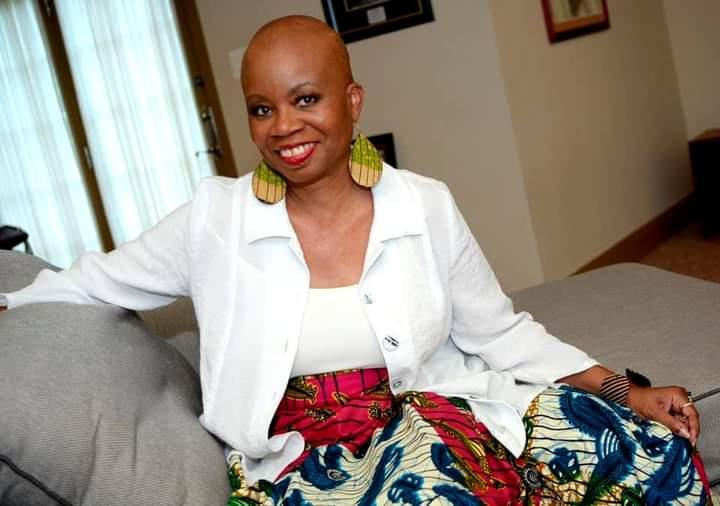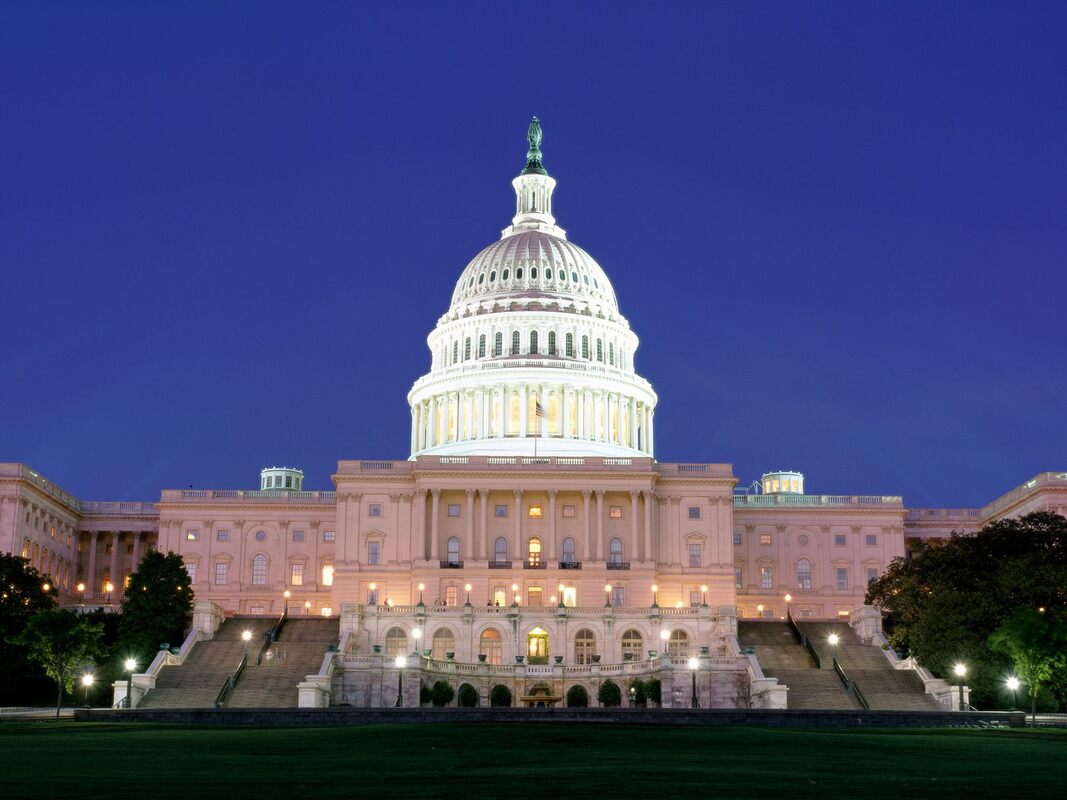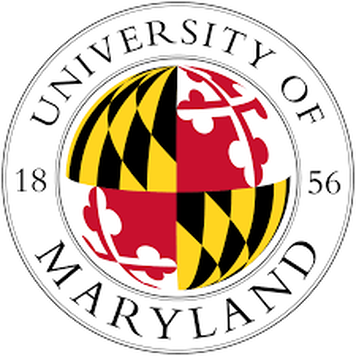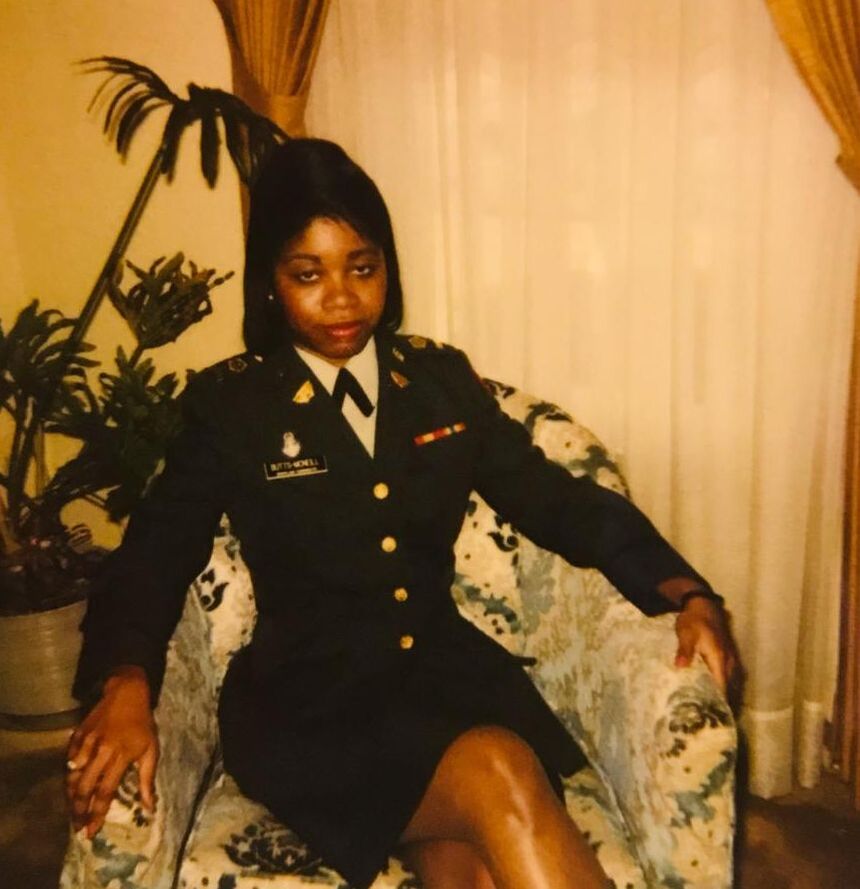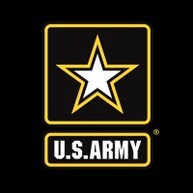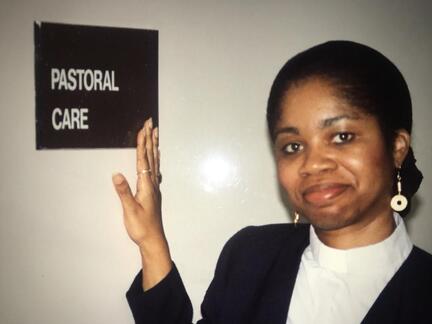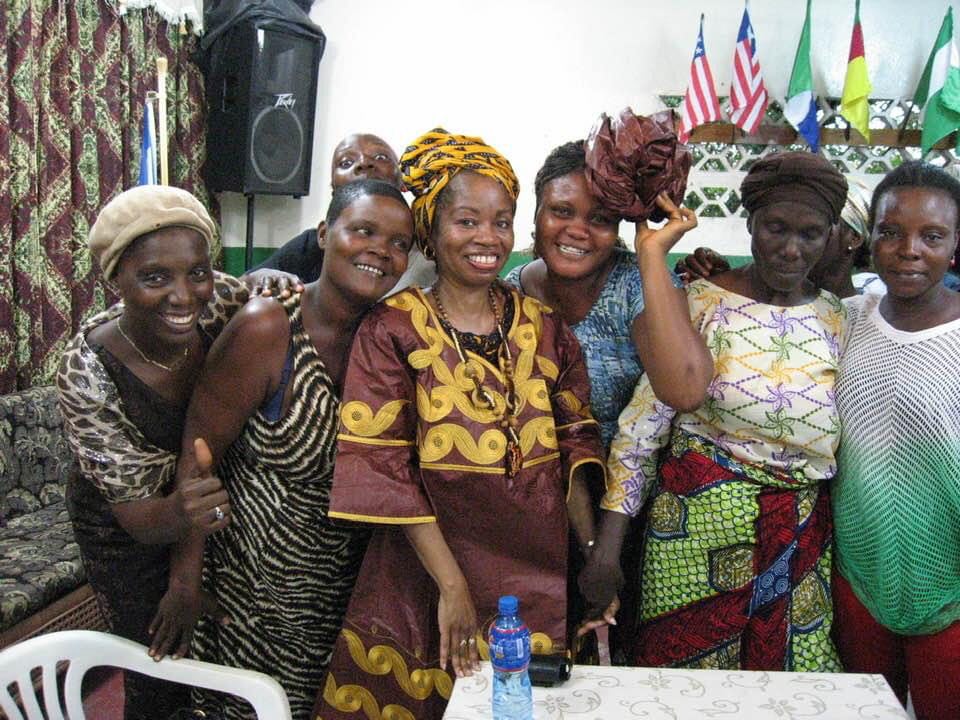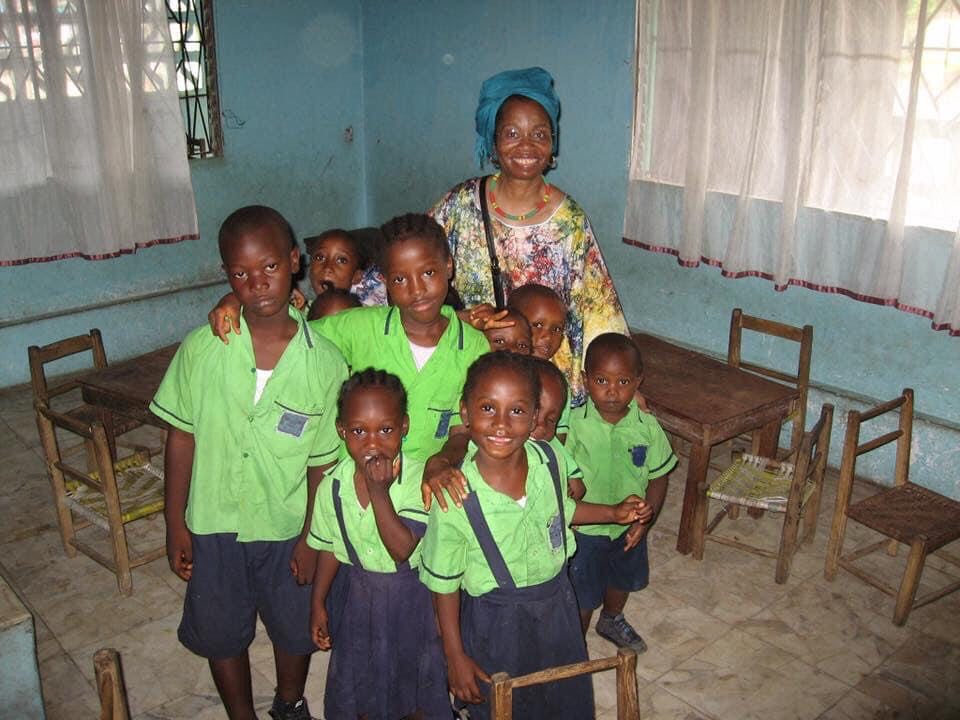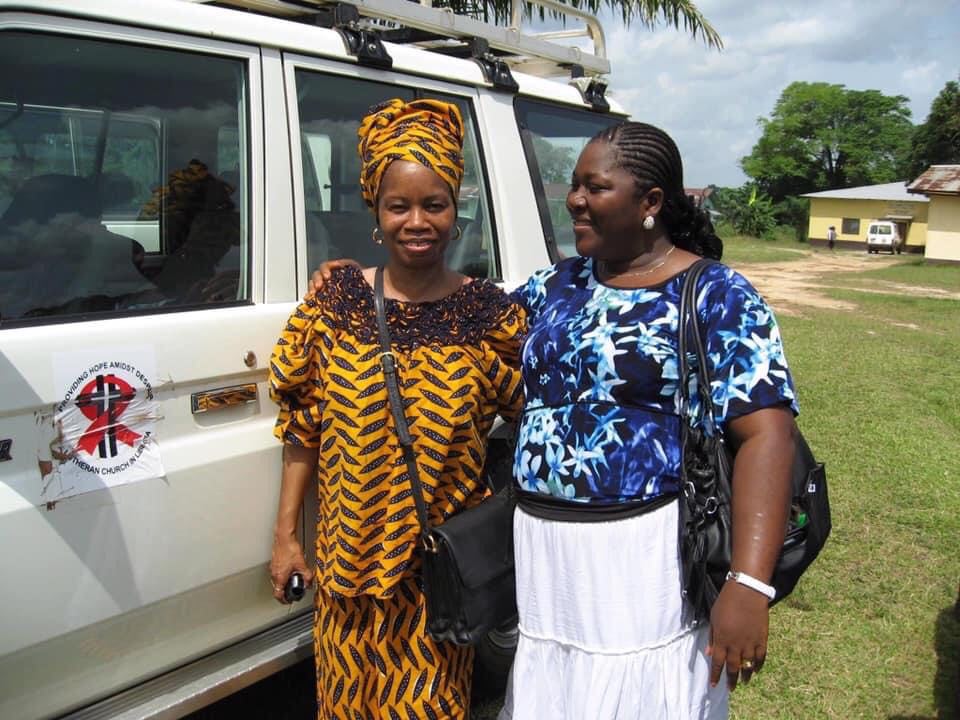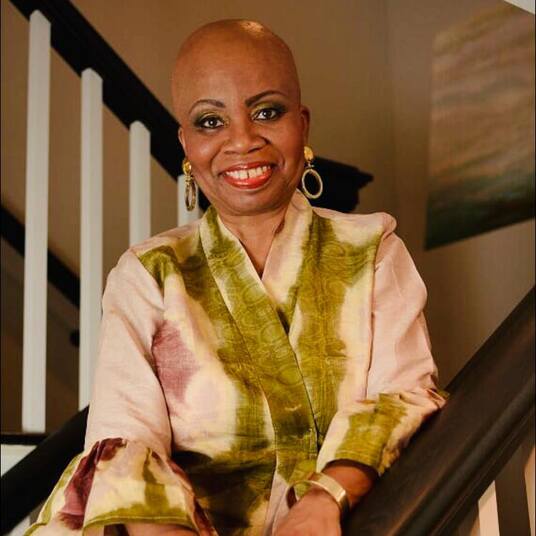Rev. Dr. D. Amina B.Butts
~ Educator/Pastor ~

|
Copa: Where are you from?
Dr. Amina: I was born in Washington, DC. Copa: What schools have you attended?
Dr. Amina: I attended Hart Junior High School and Abram Simon Elementary Schools in Southeast Washington, DC. Later my family moved to Europe, so I attended school there for a while, and later, we returned to the states to New York and back to Potomac High School in Prince George's County. From there I attended the University of Maryland to major in African Studies which was the first year of the program there. I later began an interest in Law and changed my major to Criminology because I thought I had a good command of the English language but not good enough for the University of Maryland. |
|
Copa: What did you do after your graduation from the University of Maryland?
Dr. Amina: After graduation, I worked for a number of Federal agencies like Health, Education, and Welfare in the Medicaid Program. I worked with Ernest Green who was one of the 'Little Rock Nine.' He was my supervisor in the CETA program (Comprehensive, Education, Training, Administration which was under HEW. (The Department of Health, Education, and Welfare.) It was an exciting time working for the government. At that time Carter was President. I was a Program Analyst, and I monitored non-traditional programs for women and that took me to projects that we had in Providence, Rhode Island, Boston, Massachusetts, Oakland, California, and New Orleans, Louisiana. I continued to work in other government agencies for a few years such as the National Labor Relations Board. After marriage, I moved to Fort Sill in Lawton, Oklahoma and worked for the Department of the Army as a civilian Substance Abuse Coordinator for the Department of the Army. It was a challenging job conducting training by giving lectures to battalions of hundreds of men and at first I felt uncomfortable. Because I felt uncomfortable I wrote everything down. One of my supervisors suggested that I should throw the papers away and just speak. I did and everything became more comfortable for me. This was my first experience with Public Speaking. Copa: I see that you've been married, please share some of your experiences at that time for our readers.
Dr. Amina: My first husband who took me to Oklahoma was from St. Thomas, Virgin Islands. He was an Army Officer. My second husband was enlisted, he was 7 years younger than me and he was also a pastor. We had a small church outside Lawton, Oklahoma. We started working with the church members there. Some of them showed up with bare feet and had many needs. We would do our best to find them clean clothing and we took care of their needs the best we could. One day my husband asked me to speak. After my husband heard me speak, he mentioned to me that he needed help, but didn't realize it was there with him all of the time. We only worked with this church for a year. We both held down full-time jobs at this time. I was still working for the Army, And my husband worked for a youth service agency. Later, we both quit our jobs. At this time we left Oklahoma and returned to the Washington, DC area. |
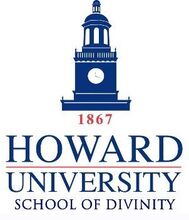
Copa: At what time did you actually become a Chaplain?
Dr. Amina: When I came back to the DC area, I began at Howard University School of Divinity in 1988. Sometime later, I walked into an Army recruitment office and I signed on the dotted line. They said they were going to send me to Hawaii, but I ended up in Fort Benning, Georgia. Before that I had to attend Army Chaplain School in Fort Monmouth, New Jersey. They were hundreds of chaplains there. About 20 of us were African Americans and 4 or 5 of us were women. At this time, the first Gulf War had erupted, so our training was extended for a while. So, I was a Divinity Student and a Chaplain Candidate at the same time. I served for 3 years, until I was discharged after serving at Walter Reed Medical Center.
Dr. Amina: When I came back to the DC area, I began at Howard University School of Divinity in 1988. Sometime later, I walked into an Army recruitment office and I signed on the dotted line. They said they were going to send me to Hawaii, but I ended up in Fort Benning, Georgia. Before that I had to attend Army Chaplain School in Fort Monmouth, New Jersey. They were hundreds of chaplains there. About 20 of us were African Americans and 4 or 5 of us were women. At this time, the first Gulf War had erupted, so our training was extended for a while. So, I was a Divinity Student and a Chaplain Candidate at the same time. I served for 3 years, until I was discharged after serving at Walter Reed Medical Center.
|
Copa: At what time did you leave the Army?
Dr. Amina: I left in 1993. Copa: Where there any times that you felt happy about that left you positive memories?
Dr. Amina: There were times where service members were away from their families or wives and needed assurances. For the most part I really enjoyed when I had opportunities to preach to people in a setting where my words could help people in a large setting. I like working in ecumenical situations. This is what I liked about being a chaplain, working with people of all faiths or no faith. |
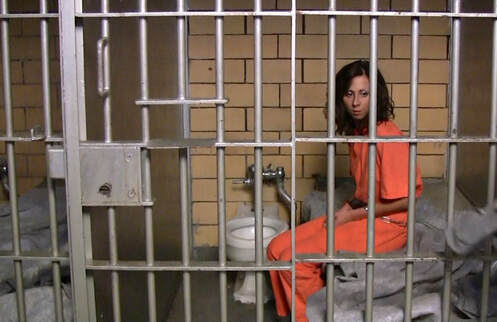 Living in a correctional facility
Living in a correctional facility
Dr. Amina: I later became a prison chaplain at the Maryland Correctional Institution for Women. Another life-changing experience for sure. All of this began in 1992. It was short, but it felt like a long year for me. I often stated that I wished to return. Working with the women were some of the most exhilarating times of my life. Many were victims of their circumstances, such as poverty. Some were incarcerated with their sisters or aunts, even mothers. Some with HIV. All living in cells and going through similar experiences receiving three hots and a cot.
Emotions always run high in prison, and everything comes out in the open, all of your deep-seated feelings come out in the open. I began to relate to the women inside. Some women were in prison because they acted out in a fit of rage. Some situations were in response to emotional abuse. These women stayed on my mind every day. One day I may return.
Another life changing experience was when I worked at St. Elizabeths Hospital in Washington, DC., and did a one-year internship. I worked in an area where they housed the criminally insane. John Hinckley lived in this section. He's known for conducting the attempted assassination of Ronald Reagan. In these facilities, I experienced the human condition in extremely profound ways. This is where I found the empathy and compassion to help people.
Later, I worked at Children's Hospital where I did some PRN work. This is when you worked 'on call' or as needed. So, for a few years I would carry a pager to receive my assignments to assist patients in need. Whenever I received that call it would mean a patient was dying or already dead. My task was to comfort the family, also I baptized many babies who had died.
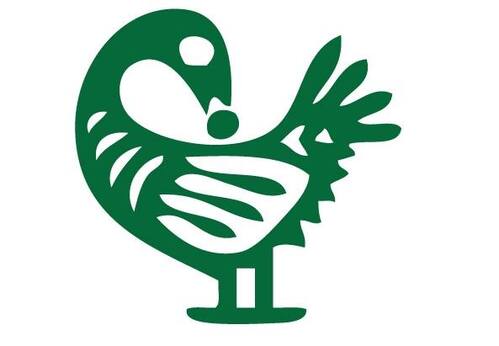
Copa: At what time did you establish the 'Believe Center for Change?'
Dr. Amina: It was founded in 2013, and then reestablished in 2020 as a 501(c) (3). The mission is to provide health and wellness and educational services to children, women, and their families. It also has a domestic and international focus, and lately, it has really focused more on international. One of the goals is to link up with a school here in the states with a school in Liberia. Presently, our organization supports two schools and two churches in Liberia.
Dr. Amina: It was founded in 2013, and then reestablished in 2020 as a 501(c) (3). The mission is to provide health and wellness and educational services to children, women, and their families. It also has a domestic and international focus, and lately, it has really focused more on international. One of the goals is to link up with a school here in the states with a school in Liberia. Presently, our organization supports two schools and two churches in Liberia.
Copa: Please share more information with our readers on some of your more recent travels with your organization.
Dr. Amina: The name of one of the schools is the McDaniel Faith Academy in Paynesville, Liberia. Things have been growing in leaps and bounds. I went to Liberia in 2014, and my dear friend, Dr. L. Akilah Karima McDaniel, had all sorts of things she had requested for me to do upon my arrival in Liberia. Unfortunately, she passed in 2019, but her daughter is one of my board members. We plan to go back to Liberia in the near future. This will be a great opportunity to revisit the school, to actually see how things are moving with our own eyes. I will get to see the new school, the Mercy House. There will also be an opportunity to visit Cape Palmas in Liberia where my family is from. On my last visit, I didn't have the opportunity to visit because of the rainy season. I have many relatives to re-connect with upon my return. I will also be visiting Senegal, The Gambia, and Sierre Leone, if the opportunity and time permits. I plan to visit Uganda and Tanzania in the eastern portion of Africa in 2023, God willing.
Dr. Amina: The name of one of the schools is the McDaniel Faith Academy in Paynesville, Liberia. Things have been growing in leaps and bounds. I went to Liberia in 2014, and my dear friend, Dr. L. Akilah Karima McDaniel, had all sorts of things she had requested for me to do upon my arrival in Liberia. Unfortunately, she passed in 2019, but her daughter is one of my board members. We plan to go back to Liberia in the near future. This will be a great opportunity to revisit the school, to actually see how things are moving with our own eyes. I will get to see the new school, the Mercy House. There will also be an opportunity to visit Cape Palmas in Liberia where my family is from. On my last visit, I didn't have the opportunity to visit because of the rainy season. I have many relatives to re-connect with upon my return. I will also be visiting Senegal, The Gambia, and Sierre Leone, if the opportunity and time permits. I plan to visit Uganda and Tanzania in the eastern portion of Africa in 2023, God willing.

